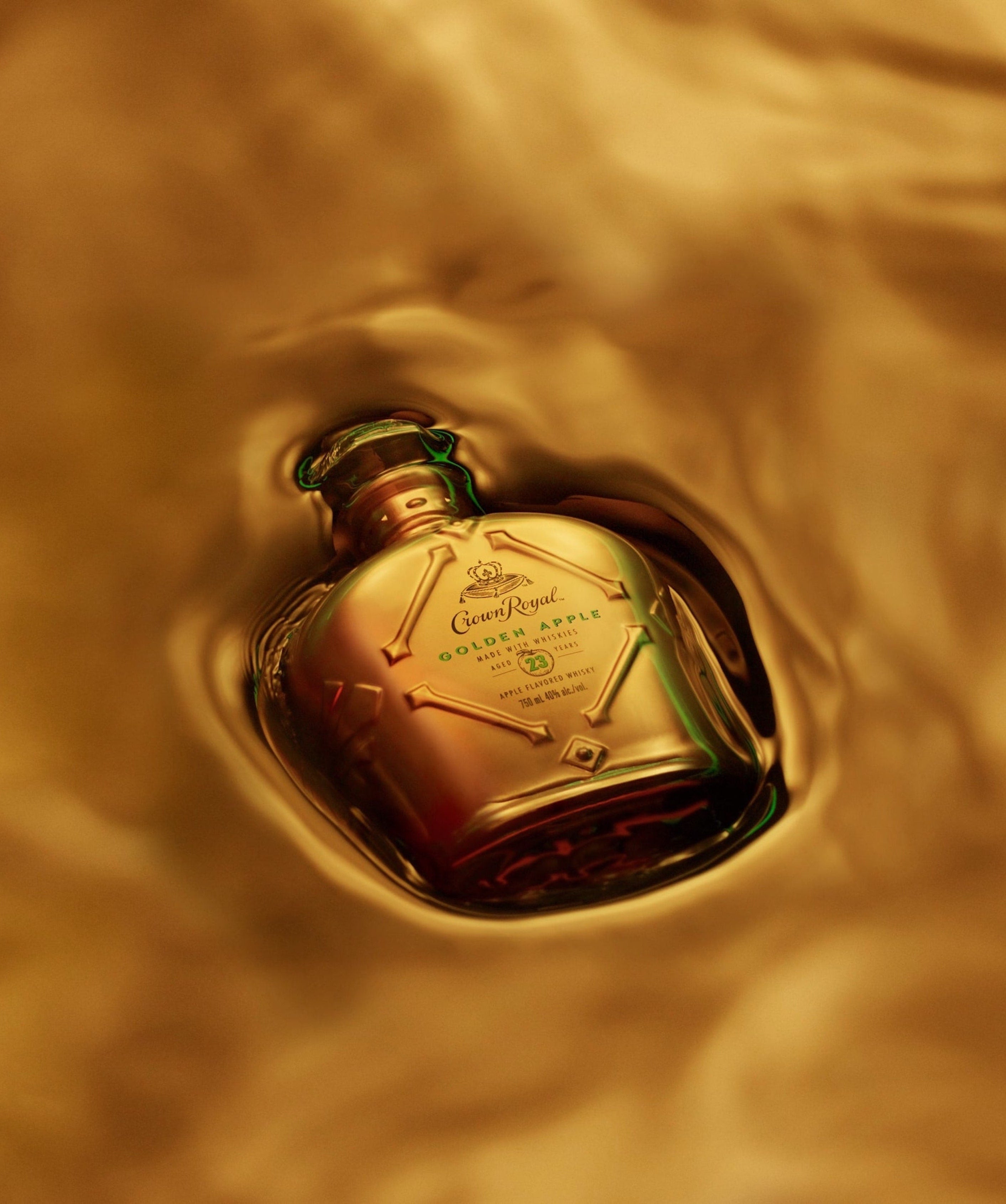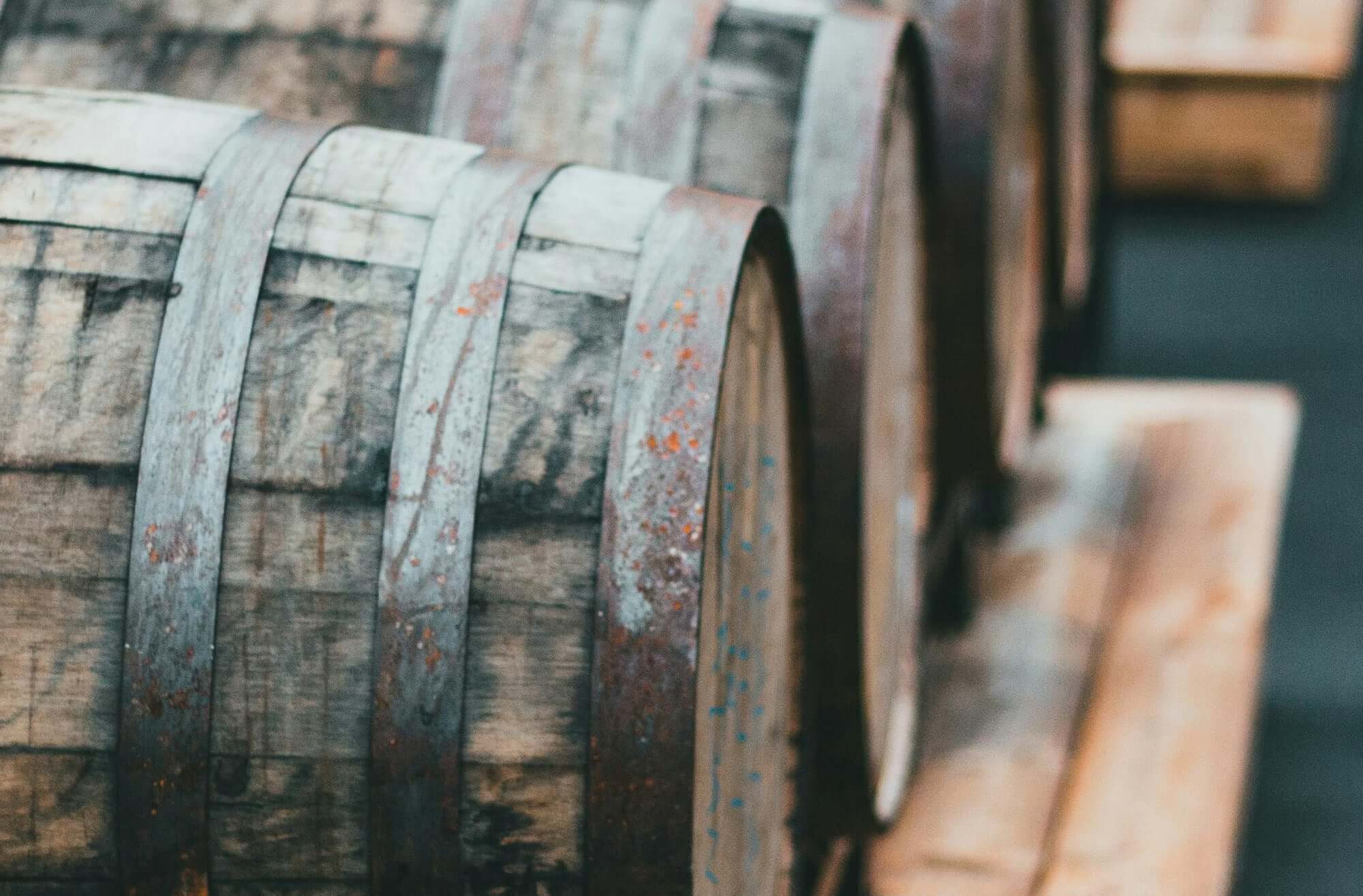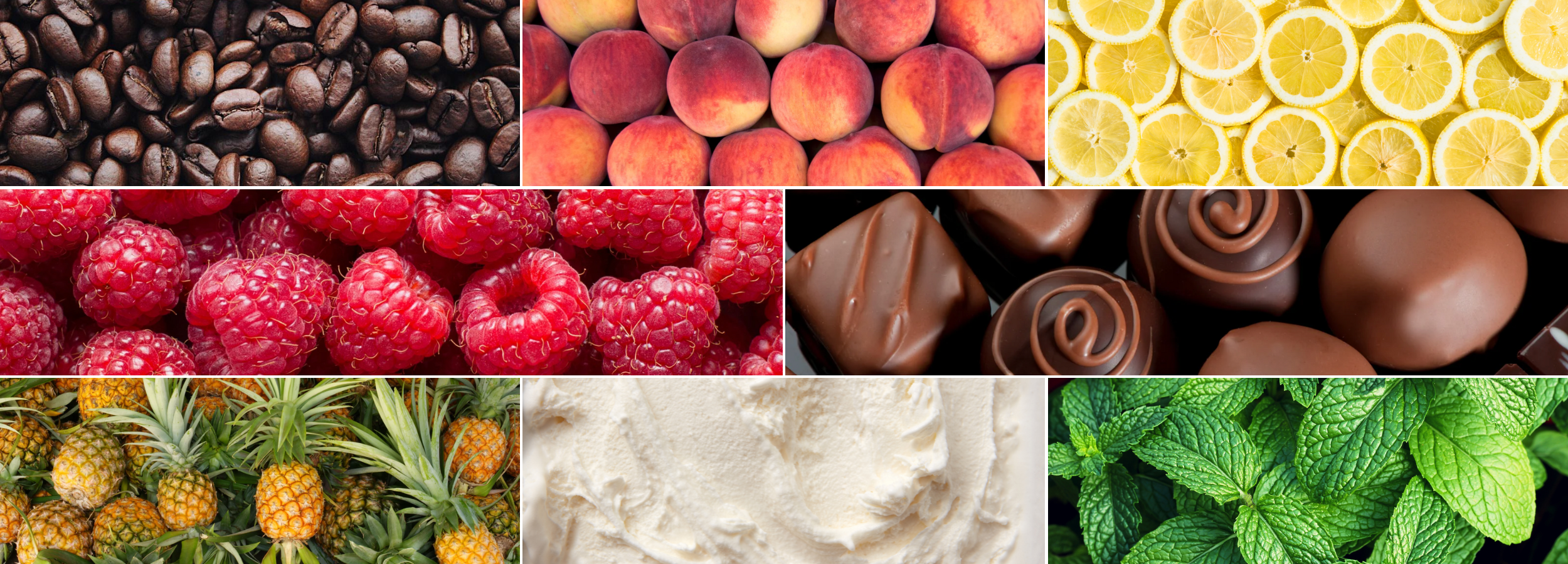Article: How to Store Alcohol for Lasting Quality

How to Store Alcohol for Lasting Quality
Proper storage is essential to preserving the flavor, aroma, and overall quality of alcohol over time. While general principles apply—such as avoiding exposure to heat, light, and oxygen—different types of alcohol require specific handling to maintain their integrity. Below is a detailed guide to the best storage practices for major alcohol categories. Explore our curated selection of brands for each alcohol type via the provided website links
Wine
Wine is particularly sensitive to environmental conditions. It should be stored in a cool, dark place at a consistent temperature—ideally between 50–59°F (10–15°C). Bottles sealed with natural corks must be stored horizontally to keep the cork moist, preventing oxidation. Excessive heat, vibration, or rapid temperature changes can cause wine to age prematurely or develop off-flavors. Humidity levels around 60–70% help preserve corks and labels. Once opened, red wine should be consumed within 3–5 days, and white wine within 2–3 days; refrigeration helps extend freshness.
Fortified Wines
Fortified wines include port, vermouth, sherry, and brandy. With added spirits to boost alcohol content, fortified wines are more shelf-stable than traditional wines but still require care. Unopened bottles should be stored in a cool, dark place. Once opened, they should be resealed and refrigerated. Dry styles like fino sherry and dry vermouth are more perishable and should be consumed within 2–3 weeks, while sweeter varieties like port can last several months. Oxygen exposure is the primary concern after opening, so wine preservers or vacuum stoppers are recommended.
Spirits
Distilled spirits include whiskey, vodka, rum, gin, tequila, etc. They are more stable due to their higher alcohol content (typically 35–50% ABV), but they still degrade if improperly stored. Keep spirits upright in a cool, dark environment—ideally between 60–65°F (15–18°C)—to prevent evaporation and minimize oxidation. Contact between the liquid and cap or cork can cause contamination or deterioration, particularly with natural cork closures. While unopened bottles can last for many years, open bottles begin to oxidize and slowly lose complexity. It’s best to consume open bottles within 1–2 years, especially when less than half full.
Liqueurs and Cream-Based Spirits
Liqueurs often contain sugar, fruit extracts, dairy, or eggs, which make them more prone to spoilage. Store unopened bottles in a cool, dry location away from light. Once opened, cream-based liqueurs (like Baileys) and egg-based spirits should be refrigerated and consumed within 6–12 months, or by the date listed on the bottle. Even clear liqueurs (such as triple sec or amaretto) may lose flavor over time due to sugar crystallization and oxidation.
High-Proof Alcohol
High-proof alcohol—defined as spirits with an ABV of 50% or higher—requires slightly different storage considerations due to its volatility and strength. These spirits are more resistant to oxidation and microbial growth but are more flammable and sensitive to temperature changes. Store them upright in a cool, dark area away from any heat source or open flame. Ensure bottles are tightly sealed, as high alcohol content can accelerate evaporation. While unopened high-proof bottles can last indefinitely, once opened, they may gradually lose potency and flavor complexity. Cask-strength whiskies may benefit from a few drops of water before drinking, but should not be diluted for storage. For collectors or long-term storage, temperature-controlled cellars or safes are ideal. Our finest high-proof alcohol can be found in our Barrel Picks collection, featuring hand-selected spirits from single barrels that offer a unique and distinctive flavor.
While all alcoholic beverages benefit from proper storage, the optimal conditions vary significantly depending on type. Factors such as temperature, light exposure, oxygen, and bottle orientation all play a role in maintaining quality over time. Whether you're preserving a prized bottle of vintage wine, a cask-strength whiskey, or an aged rum, following these tailored storage practices will help ensure that each pour delivers its intended character and complexity.






